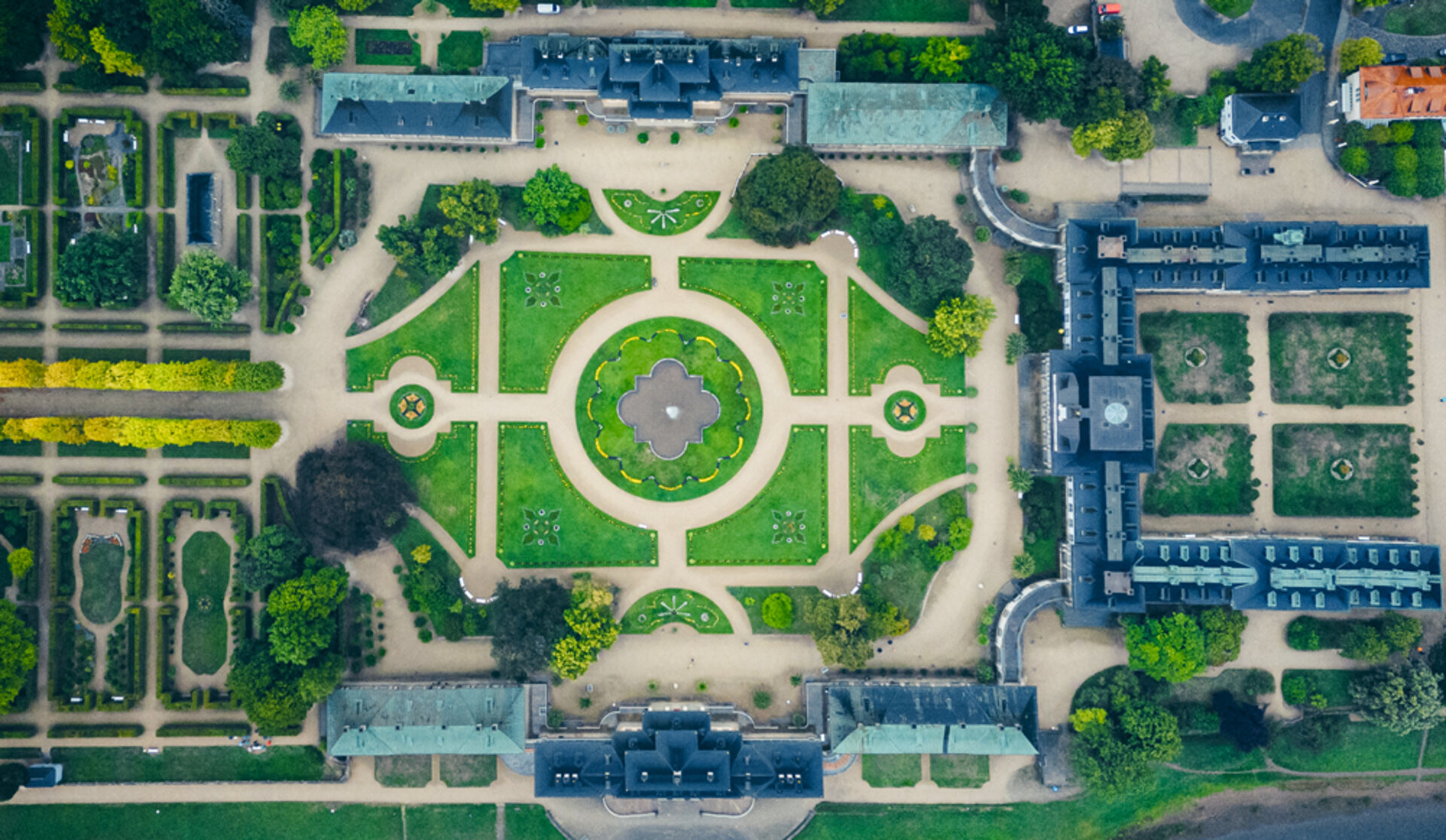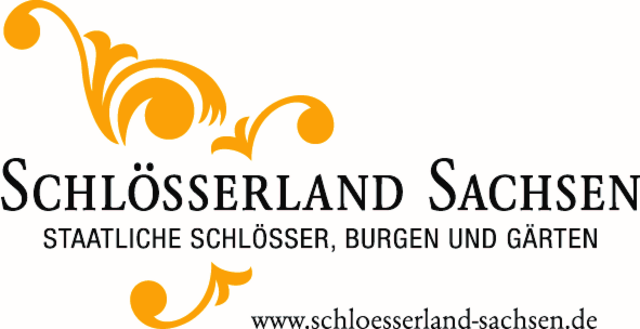Climate Change in Historic Gardens

The impacts of climate change can already be observed today and require proactive and determined action on the part of our society. In Saxony's gardens and parks, too, record summer temperatures and decreasing groundwater levels are causing major problems. The gardeners are faced with great challenges in tending and preserving the valuable tree species and shrubs, on top of their already high workload. Activities such as hedge trimming, path maintenance or daily watering partly consist of repetitive and physically demanding work that takes up a lot of time. Time that is needed to utilize the horticultural expertise more effectively, for example, to adapt shrubs to changing climate conditions.
Under the direction of the Staatliche Schlösser, Burgen und Gärten gGmbH, the Barkhausen Institut is working to support and relieve the gardeners in their everyday work through automated processes so that they will gain valuable time and manpower for the challenges ahead.
For this purpose, the BI is developing a semi-autonomous robot to facilitate the watering of the more than 250 plant tubs in the Pillnitz Palace Garden. In close cooperation with the gardeners, we want to find a solution that fits reasonably into the daily work routine and is socially and ecologically sustainable. Because we deeply care about the existing biodiversity in the gardens and parks, this will also be given particular attention in the development process.
The acceptance of the population is equally important to us. Therefore, a large part of the project is dedicated to the discourse between the researchers and citizens, visitors and residents. We have already been able to discuss the role and impact of this new type of garden robot in a public citizen discussion. The results will be considered in our research plan.
The project is financially supported by the Federal Ministry for Housing, Urban Development and Building.
Project duration: 2022 - 2024
Contact: Dipl.-Ing. Markus Böhme, markus.boehme@barkhauseninstitut.org
Project partners: Staatliche Schlösser Burgen und Gärten Sachsen gGmbH, Chair of Technical Design (TU Dresden), Institute of Soil Science and Site Ecology (TU Dresden)



